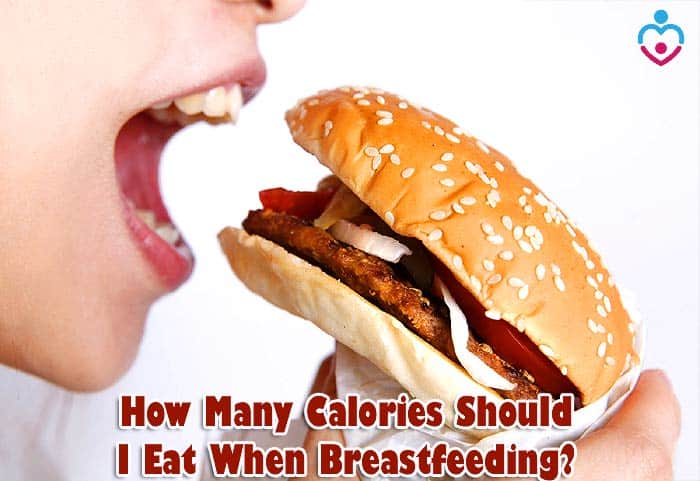
Your diet is essential as you are breastfeeding. By having a healthy and balanced diet, you make sure that you offer your baby all the nutrients they need through breastfeeding. But what you eat is not everything that matters.
How much you eat is another essential aspect of your diet. While you shouldn't overdo it, you shouldn't eat less than what your body needs, either.
During the breastfeeding months, your body works hard to produce the milk your baby needs. So, you might be wondering how many calories you should eat as a nursing mother.
How many calories should I eat when breastfeeding?
The general rule says that if you are nursing one baby regularly, you should consume between 2200 and 2500 calories in a day.
This should offer you the energy you need during the nursing process.
Here are a few essential aspects you need to know as you establish your diet and number of calories!
A) Calorie Differences Between Pregnant and Breastfeeding

If you are not pregnant or nursing, a healthy diet should be around 1800 calories per day.
- However, as you get pregnant, you should increase this number with a minimum 200 calories.
- Consequently, as you start nursing your baby, you should get to 2200, up to 2500 calories.
While this is the general outline for healthy women, it is important to know that if you have certain health conditions, your doctor might recommend different numbers.
B) Calorie Figure Based on Your Body Type

Take into account your aesthetic features before establishing your calorie number.
- You should consider your height as well as your weight and lifestyle.
- Women with a sedentary lifestyle will naturally need fewer calories than those with an active lifestyle. The same rule goes for women who are overweight.
- If you are on the other side of the spectrum and struggle with being underweight, increasing your calories is a good strategy.
C) Calories Vary Upon Underlying Health Conditions

As we mentioned, there are special health conditions that might require you to have more than 2500 calories a day or adjust your overall diet.
- The most common of these health conditions and situations are diabetes, underage mothers, being a vegetarian or a vegan, breastfeeding more than one baby, or breastfeeding while you are pregnant.
- If you find yourself in one of these circumstances, you should contact a nutritionist or a certified dietitian and keep in touch with your doctor.
With the help of such specialists, you will be able to put together a healthy diet, rich in the nutrients you and your baby need.
Staying informed about your diet is important even when you are not a nursing mother or a pregnant woman. A balanced diet will result in good overall health and help you sustain the activities of your body.
As this might be difficult to accomplish on our own, it is always wise to talk to experts in the field. Eat plenty of fruits, veggies, and lean meat, but don't forget about healthy seeds and your water intake.
It is essential to always have not only your needs in mind but also the needs of your baby, who is entirely relying on your breastmilk and the nutrients it offers them.
![]()
Key References
- "Nutrition During Breastfeeding: Diet Considerations". Accessed April 13, 2020. Link.
- "Maternal Diet | Breastfeeding | CDC". Accessed April 13, 2020. Link.




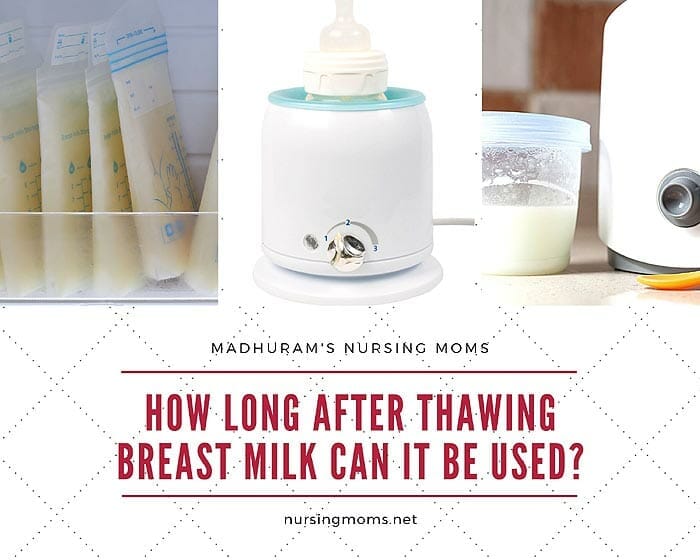
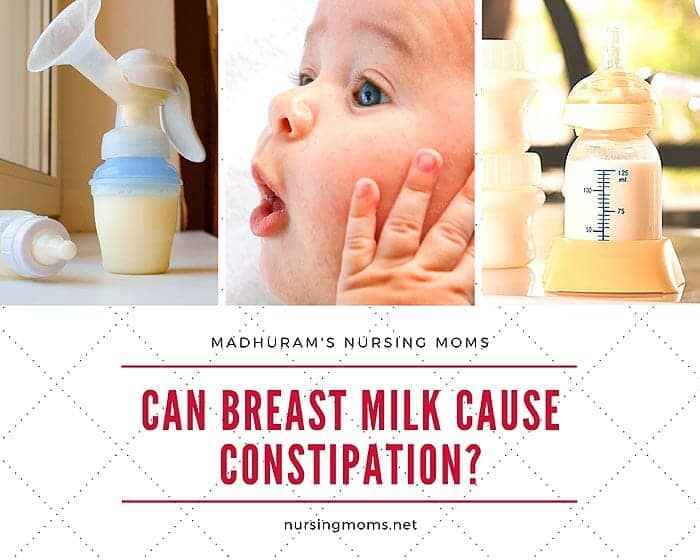
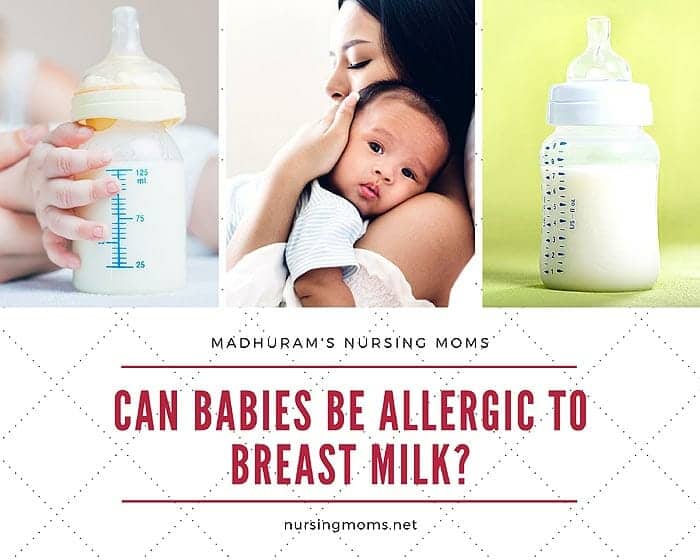
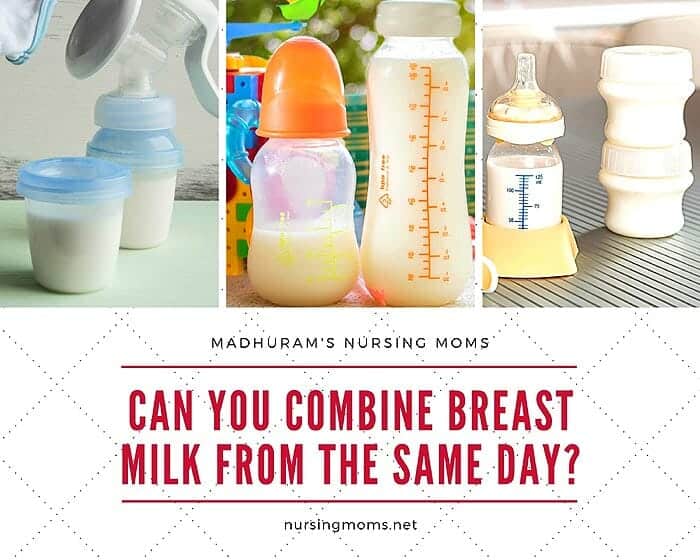
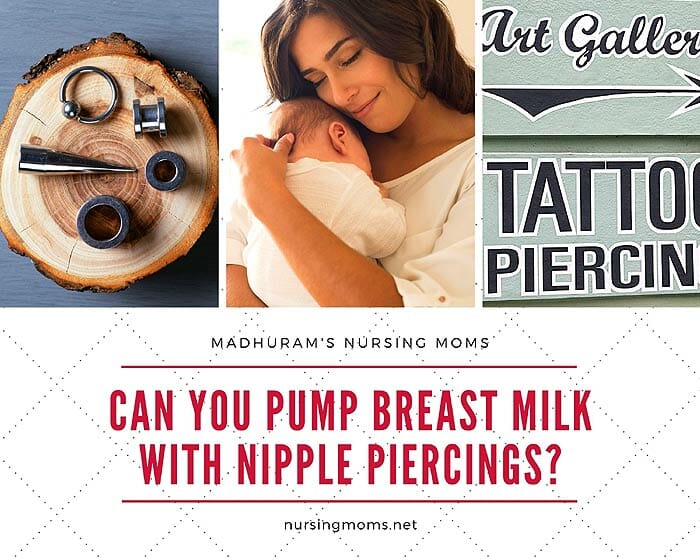
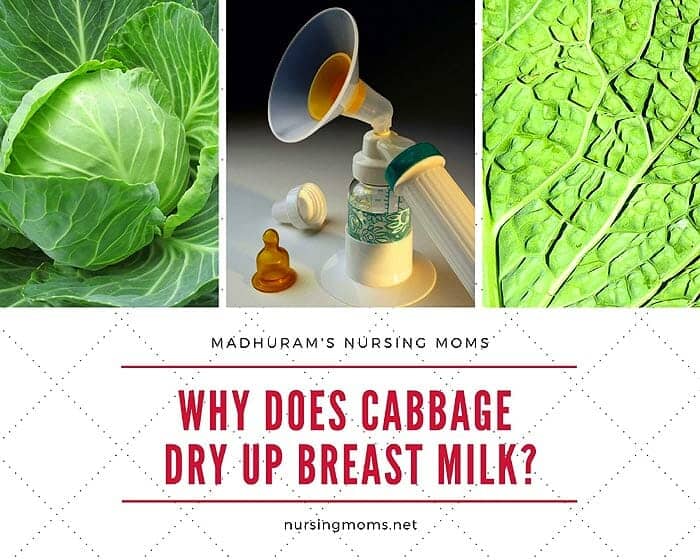
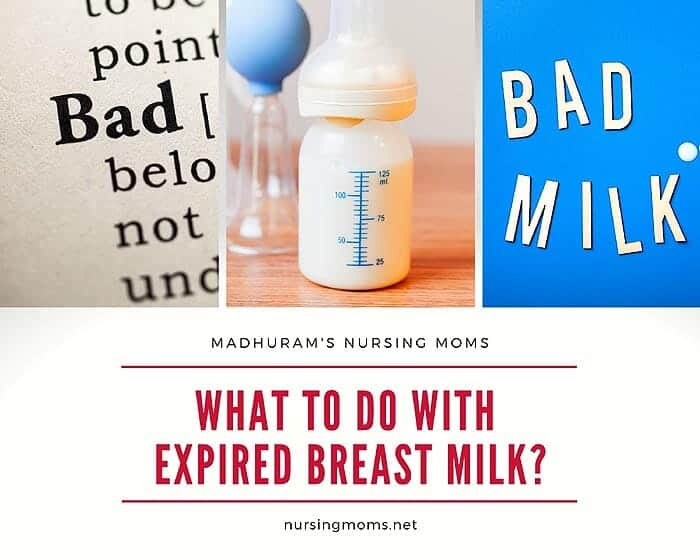
Leave a Reply